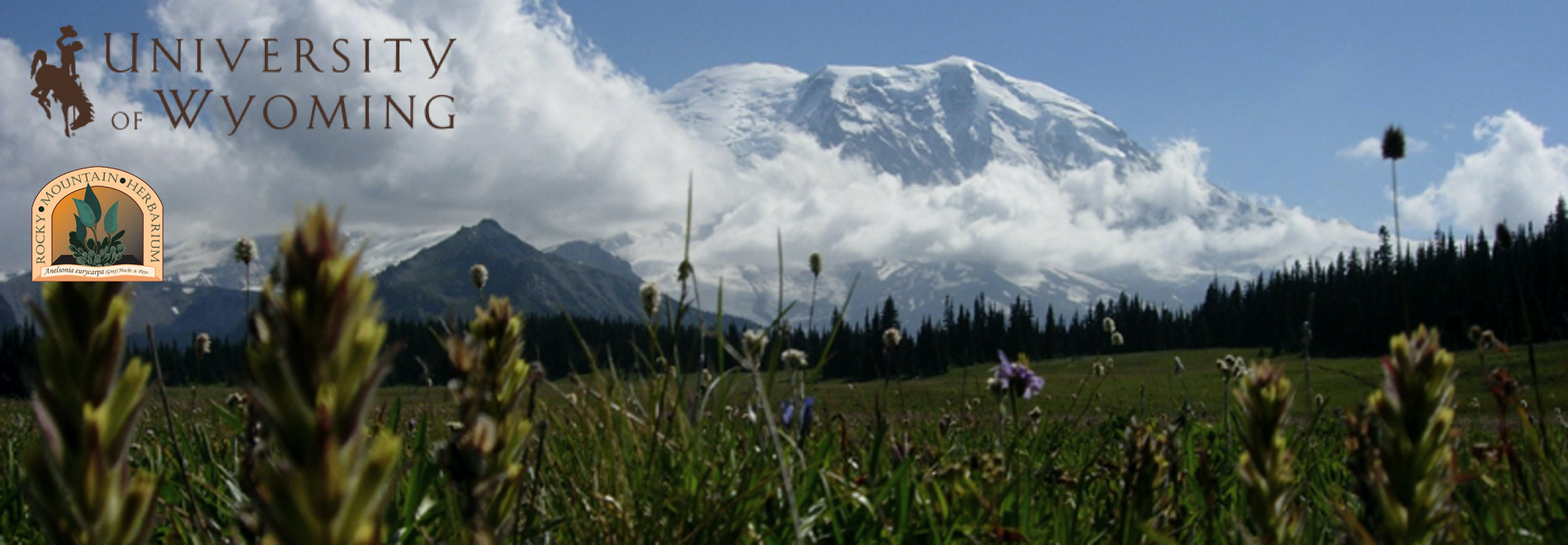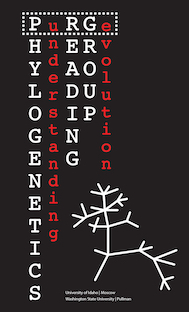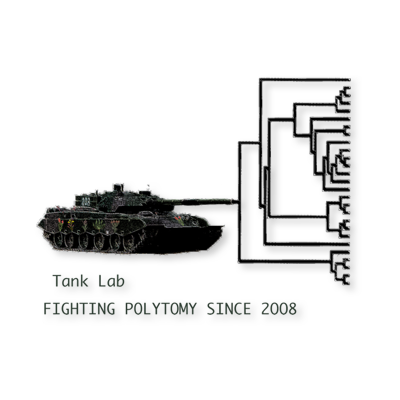
Photo Credit: D. Tank
Teaching
Current courses
Plant Diversity and Systematics (BOT 3600)
4 credits, Fall; 3 lectures & 1 3-hr lab per week
This course is a broad introduction to modern vascular plant systematics, with an emphasis on identification, classification, phylogenetics and evolution of plants. Lab emphasizes learning major flowering plant families and the use of keys and technical manuals to identify unknowns, with a Wyoming and Rocky Mountain focus.
Flora of the Rocky Mountains/Advanced Field Botany (BOT 4640/5790)

3 credits, Summer; 2 week immersion
This course is open to upper division undergraduates and early career graduate students that want to enhance their botanical knowledge and field skills with hands-on training in field botany as applied to evolutionary, ecological, and floristic studies. Students will learn the flora of Wyoming and the Rocky Mountains during a two-week field experience.
Throughout the course we spend alternating days in the field and the classroom. Field days strategically target a diversity of habitats/plant communities in under-collected areas throughout the Medicine Bow National Forest. Classroom days focus on identifying the collected specimens using a mix of short lectures, discussions, and hands-on learning. The research goal of the collecting expeditions is centered on conducting general botanical surveys to document the diversity and distribution of vascular plants in Wyoming and the Rocky Mountain Region.
Phylogenetics & Macroevolution (BOT 4790/5790; taught with Dr. Katie Wagner)
3 credits, Spring of even years; 2 lectures/discussions per week
Phylogenetics is the study of evolutionary relationships among organisms. Macroevolution is the study of large-scale changes in biological diversity over time, and the study of the origin of evolutionary novelty. Phylogenetics provides a key foundation for asking macroevolutionary questions by providing information about the timing and pattern of biological diversification.
Phylogenetics and macroevolution are inherently interdisciplinary fields that bring together theory and methods in paleontology, development, ecology, and systematics. Perhaps because they represent a union of diverse subfields in evolutionary biology, their history is one rife with debates and contrasting opinions. With a strong foundation in phylogenetic analysis as a starting point, we will discuss many of these controversial subjects in the course of this semester.
Our goal is for all students to leave the course with a solid foundation in theory in phylogenetics and macroevolution, as well as an understanding of current analytical approaches in these areas. We will concentrate on neotological analytical approaches, but an appreciation of work in paleontology that has contributed to questions and debates in phylogenetics and macroevolution will be an important component of the course as well.
Phylogenetics Reading Group (PuRGe; BOT 5790)

1 credit, Fall & Spring; 1 discussion per week
Phylogenetic methods have become increasingly necessary to address questions at all levels of biological diversity, ranging from the evolution of molecules, to organisms and communities. PuRGe meets once a week and different participants choose relevant papers and lead a discussion. All students, postdocs, and faculty are welcome - the goal being to gain a broader understanding of phylogenetic methods and their application to the investigation of evolutionary questions in biological systems. I started PuRGe at the University of Idaho in 2009 and have continued to collaborate with colleagues there to offer this cross-university discussion group.
